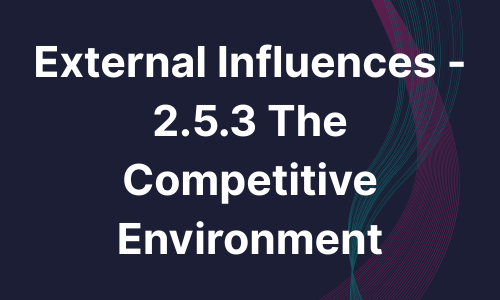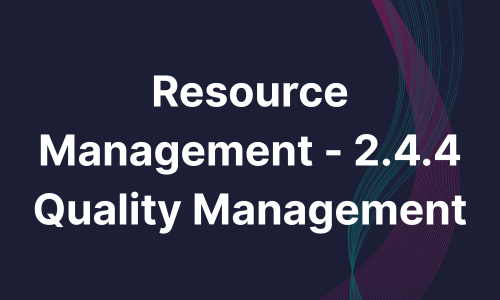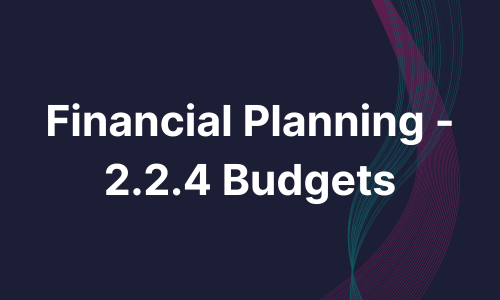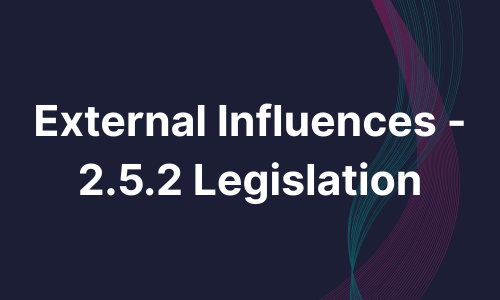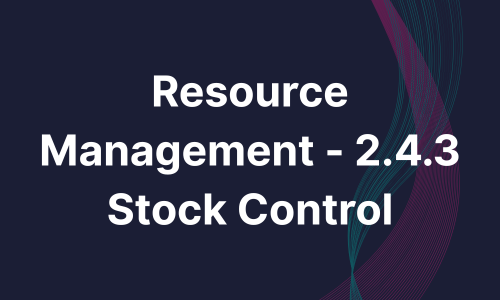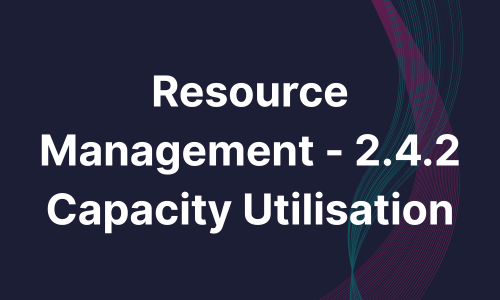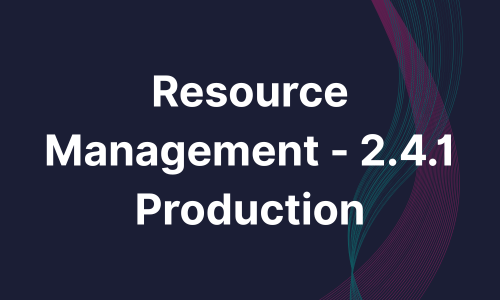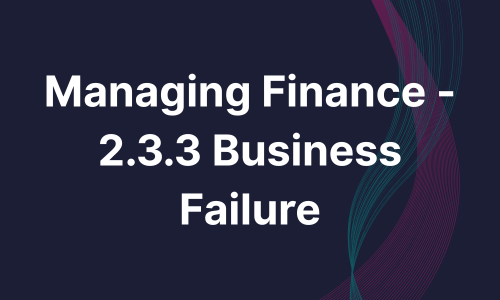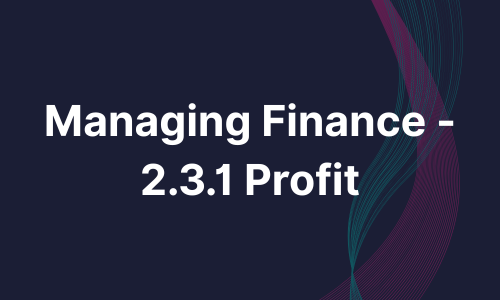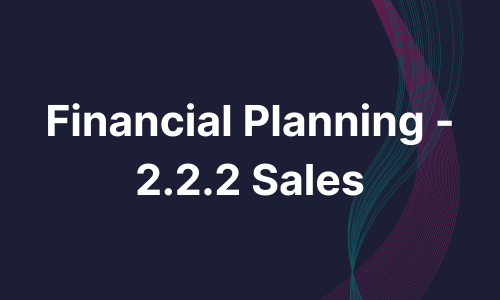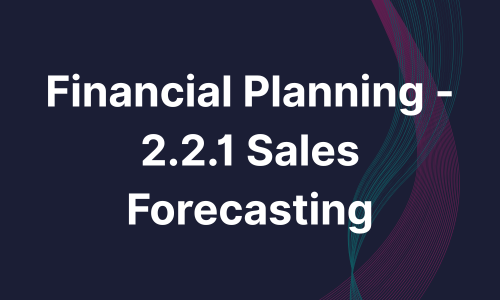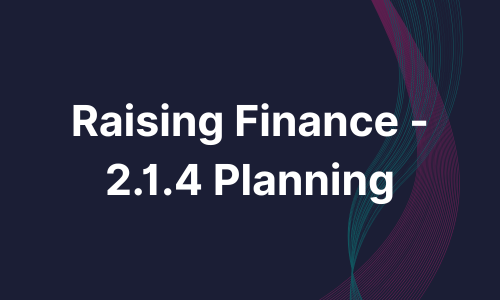WJEC GCE AS & A Level Business Syllabus: Your Comprehensive Guide
Lessons, Resources & Insights
WJEC GCE AS & A Level Business Syllabus: Your Comprehensive Guide
Lessons, Resources & Insights
Welcome to the definitive guide for the WJEC GCE AS & A Level Business qualification. This comprehensive syllabus, offered by the WJEC exam board, provides students with a deep understanding of the dynamic world of business. Whether you\’re a student embarking on your AS Level Business journey or progressing to the challenging A Level Business course, this page is designed to be your go-to resource. We\’ll explore the intricacies of the WJEC GCE AS & A Level Business syllabus, ensuring you\’re well-prepared for success.
Why Choose the WJEC GCE AS & A Level Business Qualification?
The WJEC GCE AS & A Level Business qualification stands out for its practical relevance and rigorous academic approach. Unlike other syllabuses, the WJEC Business course is meticulously designed to foster critical thinking and analytical skills, preparing students not just for exams but for real-world business challenges. It delves into contemporary business issues, encouraging students to apply theoretical knowledge to current events. This focus on practical application makes the WJEC GCE AS & A Level Business an invaluable asset for future entrepreneurs, managers, and business leaders.
Course Structure and Assessment for WJEC Business
The WJEC GCE AS & A Level Business syllabus is structured to provide a coherent and progressive learning experience. The AS Level Business component introduces fundamental concepts, while the A Level Business delves into more complex strategic and global business contexts. Assessment typically involves a combination of examinations that test knowledge, understanding, and the ability to analyse and evaluate business situations. For a detailed breakdown of the WJEC Business assessment objectives and unit specifications, students and teachers can refer to the official WJEC documentation, ensuring a clear pathway to achieving top grades in their AS Level Business and A Level Business examinations.
Skills Developed and Future Pathways with WJEC GCE AS & A Level Business
Studying the WJEC GCE AS & A Level Business qualification equips students with a diverse set of transferable skills. These include problem-solving, decision-making, data analysis, and effective communication – all highly valued in both higher education and the professional world. An A Level Business guide often highlights the excellent university pathways available, from business management and economics to finance and marketing. Furthermore, the practical insights gained from the WJEC GCE AS & A Level Business syllabus provide a strong foundation for direct entry into various business-related careers, making it a strategic choice for ambitious students.
How Enterprise Skills Supports Your WJEC GCE AS & A Level Business Journey
At Enterprise Skills, we are dedicated to supporting students, teachers, and parents through every stage of the WJEC GCE AS & A Level Business qualification. Our resources are specifically tailored to complement the WJEC Business syllabus, offering in-depth explanations, practice questions, and revision materials that align with the exam board\’s requirements. Whether you need an AS Level Business guide, comprehensive notes for A Level Business, or expert tips to master the WJEC GCE AS & A Level Business syllabus, Enterprise Skills provides the tools and support necessary to excel. Join our community and unlock your full potential in business studies.
Navigating the Business World: The WJEC GCE AS & A Level in Business Syllabus
The WJEC GCE AS and A Level in Business provides a comprehensive and dynamic exploration of the business world, from the initial spark of an idea to the strategic decisions of a global corporation. With a focus on the Welsh, UK, and global business environments, this qualification equips you with the analytical skills and in-depth knowledge needed to understand and navigate the complexities of modern commerce.
AS Level: Building the Foundations
The AS Level is comprised of two units, designed to give you a solid grounding in the core principles of business.
- Unit 1: Business Opportunities: This unit focuses on the exciting world of entrepreneurship and small to medium-sized enterprises (SMEs). You will explore where business ideas come from, the role of the entrepreneur, and the importance of a solid business plan. You will learn to analyse different markets, the value of market research, and the various business structures and locations an entrepreneur can choose. The unit concludes with a crucial look at business finance, including sources of funding, and the fundamentals of revenue, costs, and break-even analysis.
- Unit 2: Business Functions: Building on Unit 1, this unit delves into the four key functional areas that are essential to any successful business, regardless of its size. In Marketing, you will explore the marketing mix (product, price, promotion, place) and the impact of new technology. In Finance, you will learn about budgeting, cash flow forecasting, and interpreting financial statements. People in Organisations covers the essentials of human resource management, from organisational structure to motivation and leadership. Finally, Operations Management examines production methods, quality control, and customer service.
A Level: Strategic Analysis and Global Context
The A Level builds on the AS content with two further units that develop your strategic thinking and understanding of the wider business environment.
- Unit 3: Business Analysis and Strategy: This unit is all about using analytical tools to inform business strategy. You will learn to conduct data analysis, market analysis, and sales forecasting. You will delve deeper into analysing financial performance using ratio analysis and other techniques, as well as evaluating non-financial performance. The unit explores how businesses set aims and objectives and develop strategy, using models like SWOT analysis, Porter’s Five Forces, and the Ansoff Matrix. You will also learn to apply decision-making models and investment appraisal techniques.
- Unit 4: Business in a Changing World: The final unit places business in the context of a dynamic external environment. You will explore the causes and effects of change and the importance of risk management. You will analyse the impact of the PEST (Political, Economic, Social, Technological) factors, as well as ethical, legal, and environmental considerations. The unit concludes with an examination of international trade, globalisation, and the role of the European Union, equipping you with a truly holistic understanding of contemporary business.
Skills for Success
This qualification is designed to develop a powerful combination of skills that are highly valued by universities and employers:
- Analytical and problem-solving skills: Apply a range of quantitative and qualitative techniques to investigate business problems and opportunities.
- Evaluative skills: Make justified decisions and recommendations based on a balanced consideration of evidence.
- Strategic thinking: Understand how businesses develop and implement strategies to achieve their objectives.
- Commercial awareness: Gain a deep understanding of the current issues and challenges facing businesses in a globalised world.
Whether you are aiming for a degree in business, management, or a related field, or planning to enter the world of work, the WJEC GCE AS and A Level in Business provides an exceptional preparation for your future. Our resources are designed to bring the subject to life, with a focus on real-world case studies and practical application.

